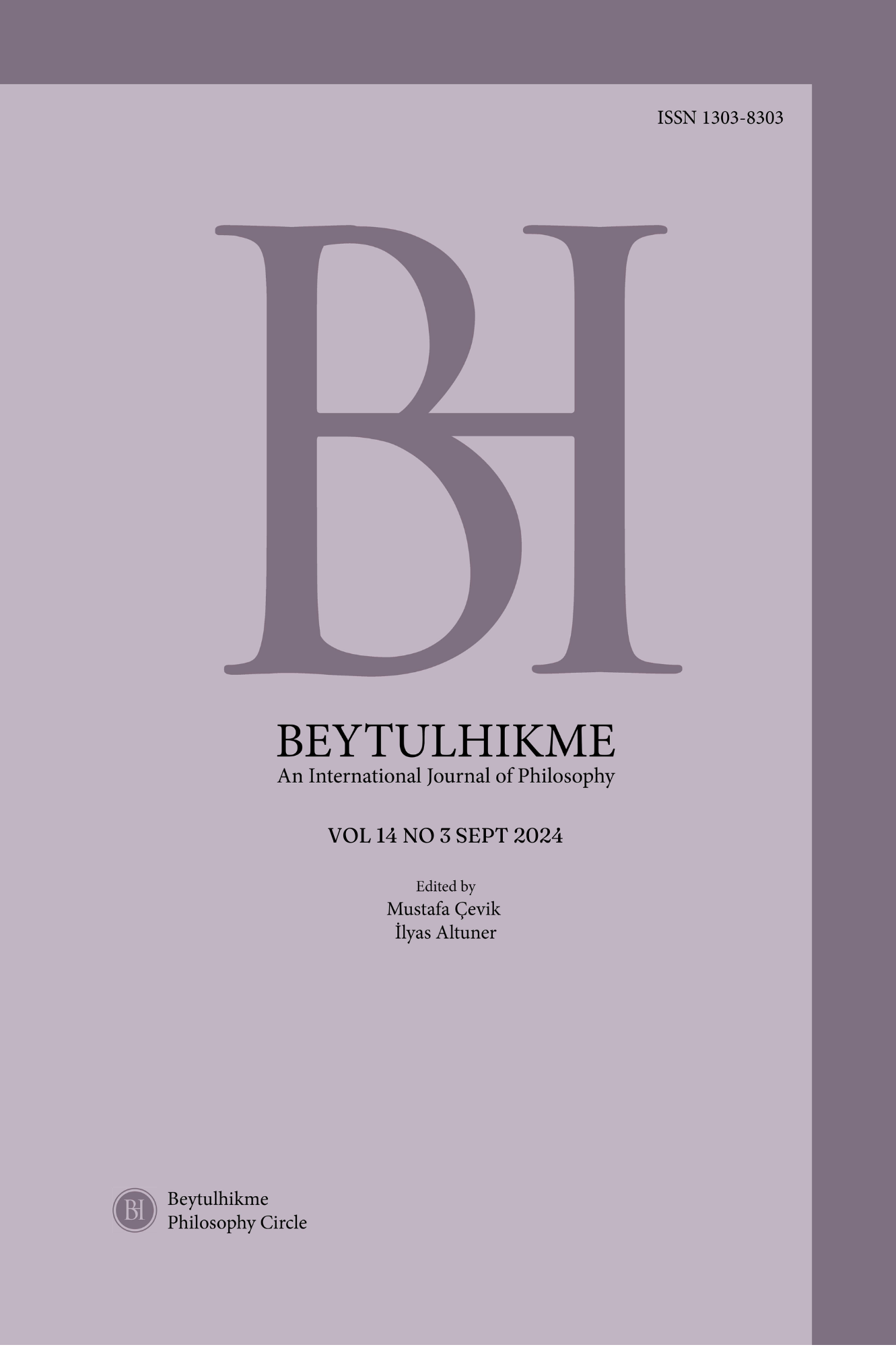Author :
Abstract
Amaç Bu çalışma, sosyal öznelliğin ve öznenin kimliğinin oluşumunun temeli olarak Öteki'nin (Diğerleri) yapısalcı ve postyapısalcı kavramlarının analizine adanmıştır. Teorik temel. Yazarlar, “öznesiz süreç” mutlaklaştırmasıyla geleneksel felsefi yapısalcılığın Öteki kavramsallaştırmasının, özne kimliğine dışarıdan, bazen kabul edilemez ve yabancı bir şekilde dayattığı varsayımından hareket etmektedir. Bilimsel yenilik. Yazarlar, kontrolsüz ve bilinçdışı bir düzeyde gerçekleşen oldukça karmaşık bir özneleşme sürecine tanıklık eden çok değişkenli Öteki kavramları üzerine daha fazla araştırma yapılması gerektiğini kanıtlamaktadır. Sonuçlar. Yazarlar, bireylerin özneleşme sürecinde kolektif kimliğin içeriğini ve rolünü önemli ölçüde değiştiren ve gelecekteki araştırmalar için umut verici bir konu haline gelen Öteki kavramlarının modern sosyal yapılara dönüşümü ve dahil edilmesi sorununa ilişkin daha fazla çalışma için yönler belirlemiştir.
Keywords
Abstract
Purpose. The study is dedicated to the analysis of structuralist and poststructuralist concepts of the Other (Others) as the basis for the formation of social subjectivity and the subject's identity. Theoretical basis. The authors proceed from the assumption that the conceptualization of the Other of traditional philosophical structuralism with his absolutization of the "process without a subject" imposes from the outside, sometimes unacceptable and alien to the subject identity. Scientific novelty. The authors prove the need for further research into multivariate concepts of the Other, which testify to a fairly complex process of subjectivation in the present, which takes place on an uncontrolled, unconscious level. Conclusions. The authors identified directions for further study of the problem of transformation and incorporation of concepts of the Other into modern social structures, which significantly modify the content and role of collective identity in the process of subjectivation of individuals, which becomes a promising topic for future research.





